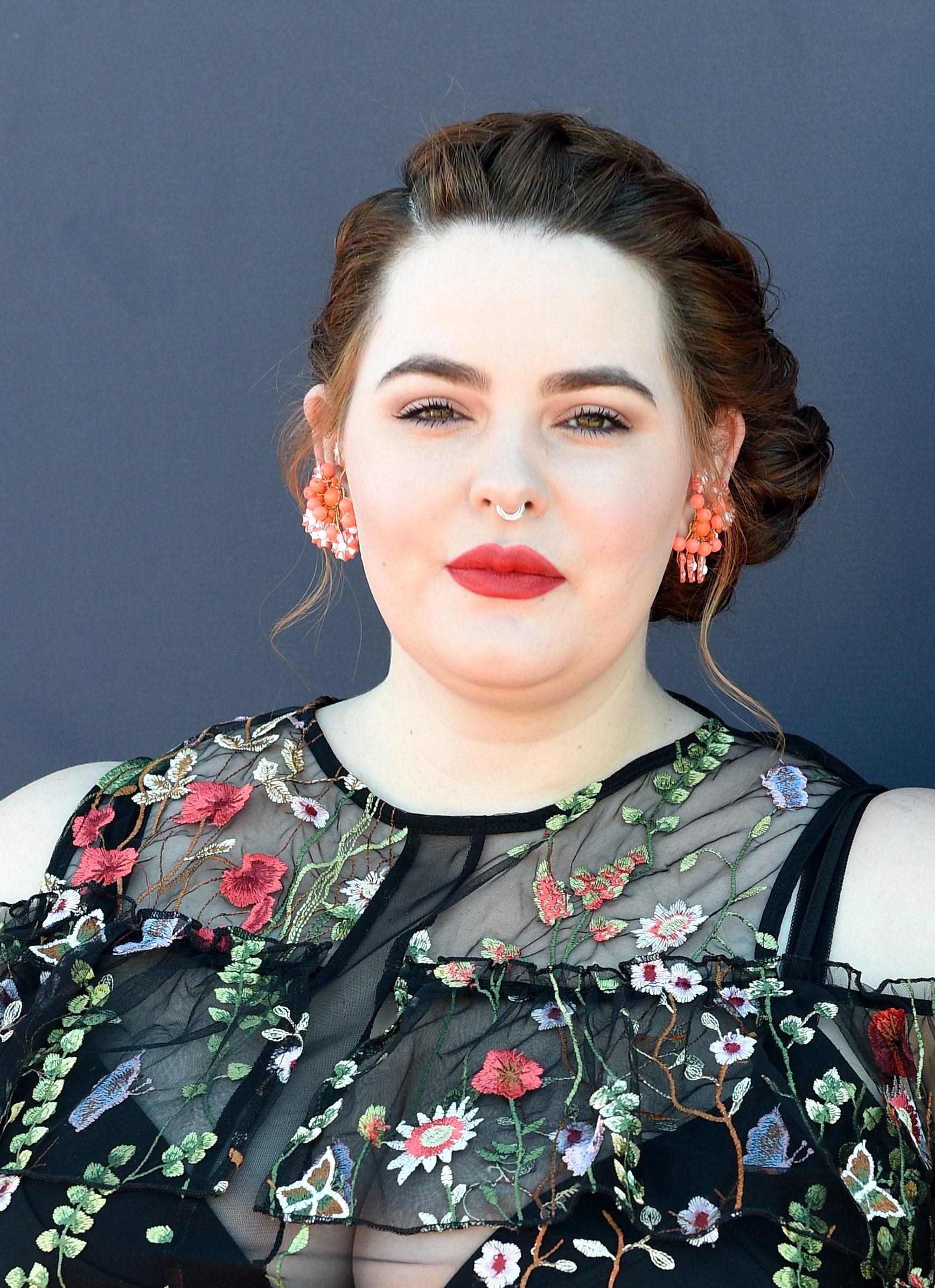Eating disorder activists have praised a decision by Tess Holliday- an American plus-size model- to reveal that she is receiving therapy for anorexia, stating that it aims to stop the idea that “only extremely underweight people can have anorexia.”
Tess, who has been featured on Vogue covers and has 2.1 million followers on Instagram, later wrote on Twitter: “I’m anorexic and still recovering. I’m the outcome of a society that celebrates thinness and compares that to worth, but I want to write my own story now. I’m eventually able to care for a body that I’ve hated my entire life.”
The external director of eating disorder NGO Beat, Tom Quinn, said Tess speaking out about her conflict was important in shining a light on the matter.
“Eating disorders flourishes on secrecy. The more celebrities that come forward is very useful. It can give other people the confidence to ask for help and highlights the message that eating disorders can affect anyone,” he said.
The director of communication at (Neda) National Eating Disorders Association, Chelsea Kronengold, agreed. “Over-weight individuals are often misdiagnosed or undiagnosed due to misconceptions and stigma about who can have an eating disorder,” she stated.
Chelsea said this was because of body shaming around the illness. “Several people struggling from atypical anorexia fail to accept they have a serious eating disorder. Although, people with an atypical anorexia experience many of the same psychological and medical complications as those suffering from ‘traditional anorexia,’ she said.
Holliday posted on her Instagram that she had been receiving texts that were positive but also provoking, such as “you’re looking healthy.”
Gemma Oaten, manager of SEED- the eating disorder support service- said she had experienced anorexia first hand.
“Although I’ve been in recovery for a decade and nearly died three times, I’ll stand on the red carpet, and the media will say, ‘oh Gemma, you’ve become thin, you must keep at that.’




